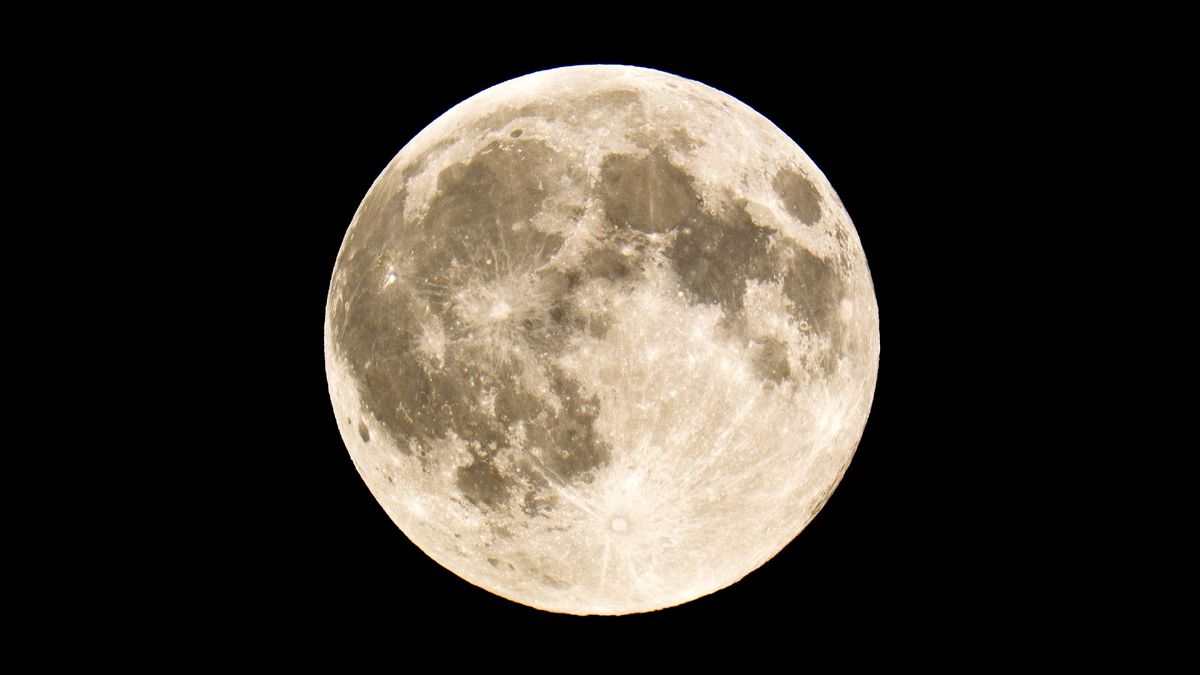Scientists have calculated how far the Moon moves away from the Earth each year. This affects the length of the day on our planet and has been going on for millions of years.

The Moon is moving away
The lunar cycle is one of the constants of the night sky, but all is not really as it seems. Scientists have discovered that the Moon is moving away from Earth, and it’s changing everything we thought and what we know about our planet’s relationship with its only natural satellite.
It also has a very real impact on the length of the day on our planet, albeit incredibly slowly. By moving away from Earth over millions of years, the Moon is simultaneously increasing the average length of the day.
New Era calculations
The team’s research from the University of Wisconsin-Madison focused on rock from a 90 million year old formation. Because of this, they were able to analyze the Earth’s interaction with the Moon 1.4 billion years ago.
It turns out that the Moon is moving away from the Earth by 3.82 centimeters per year. This means that over time this will lead to the fact that in 200 million years the Earth’s day will last 25 hours.
Stephen Meyers, professor of geosciences at the University of Wisconsin-Madison, said: “As the moon moves away, the Earth is like a spinning figure skater who slows down as they stretch their arms out.”
He adds: “One of our ambitions was to use astrochronology to tell time in the most distant past, to develop very ancient geological time scales. We want to be able to study rocks that are billions of years old in a way that is comparable to how we study modern geologic processes.”
This is not the only story that has recently changed our understanding of the moon. Scientists have also just uncovered billions of years of mysteries buried beneath its surface. And it’s all thanks to China’s space program, which has discovered hidden structures that could help us begin to piece together our moon’s past.
According to www.msn.com


